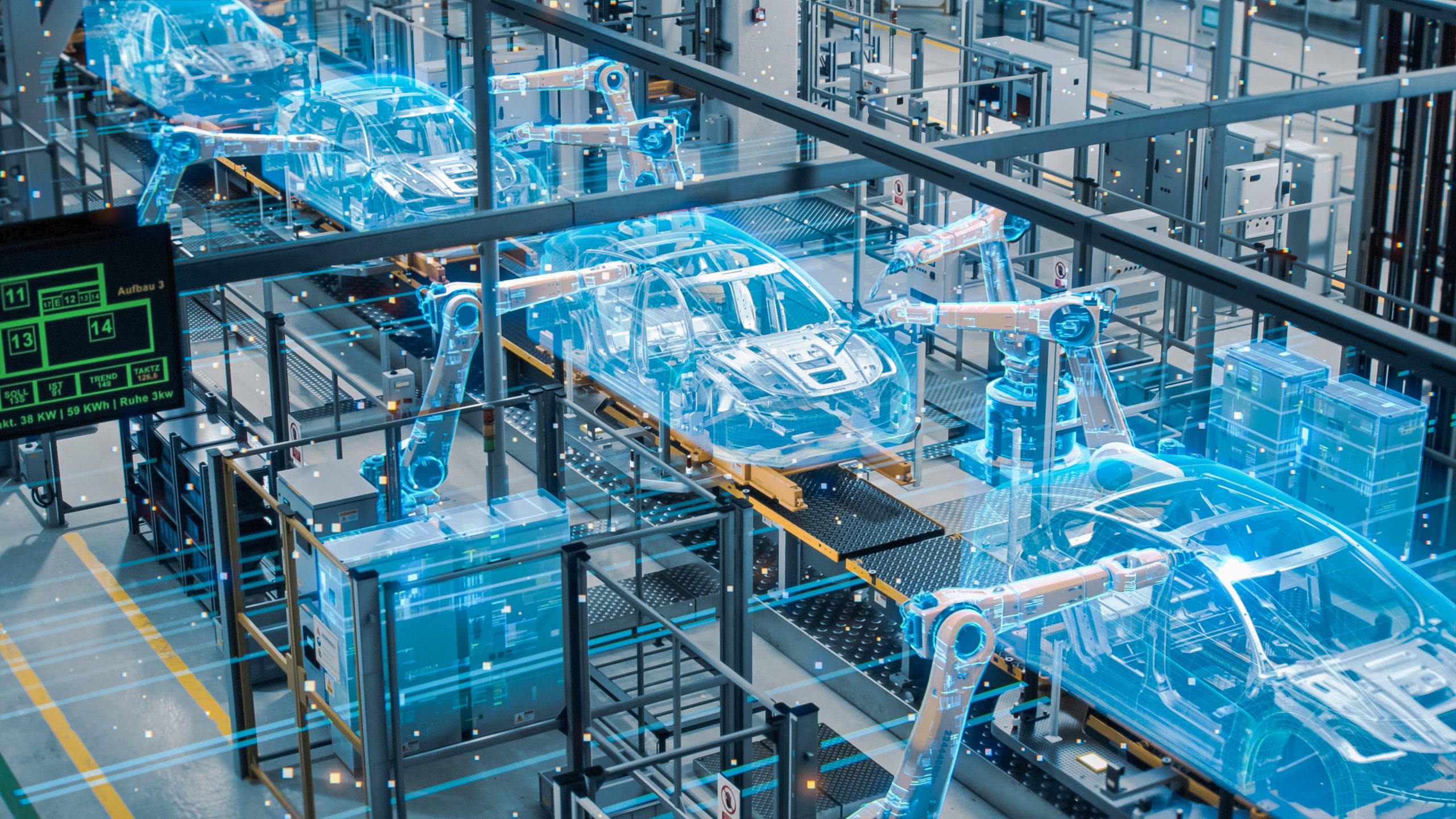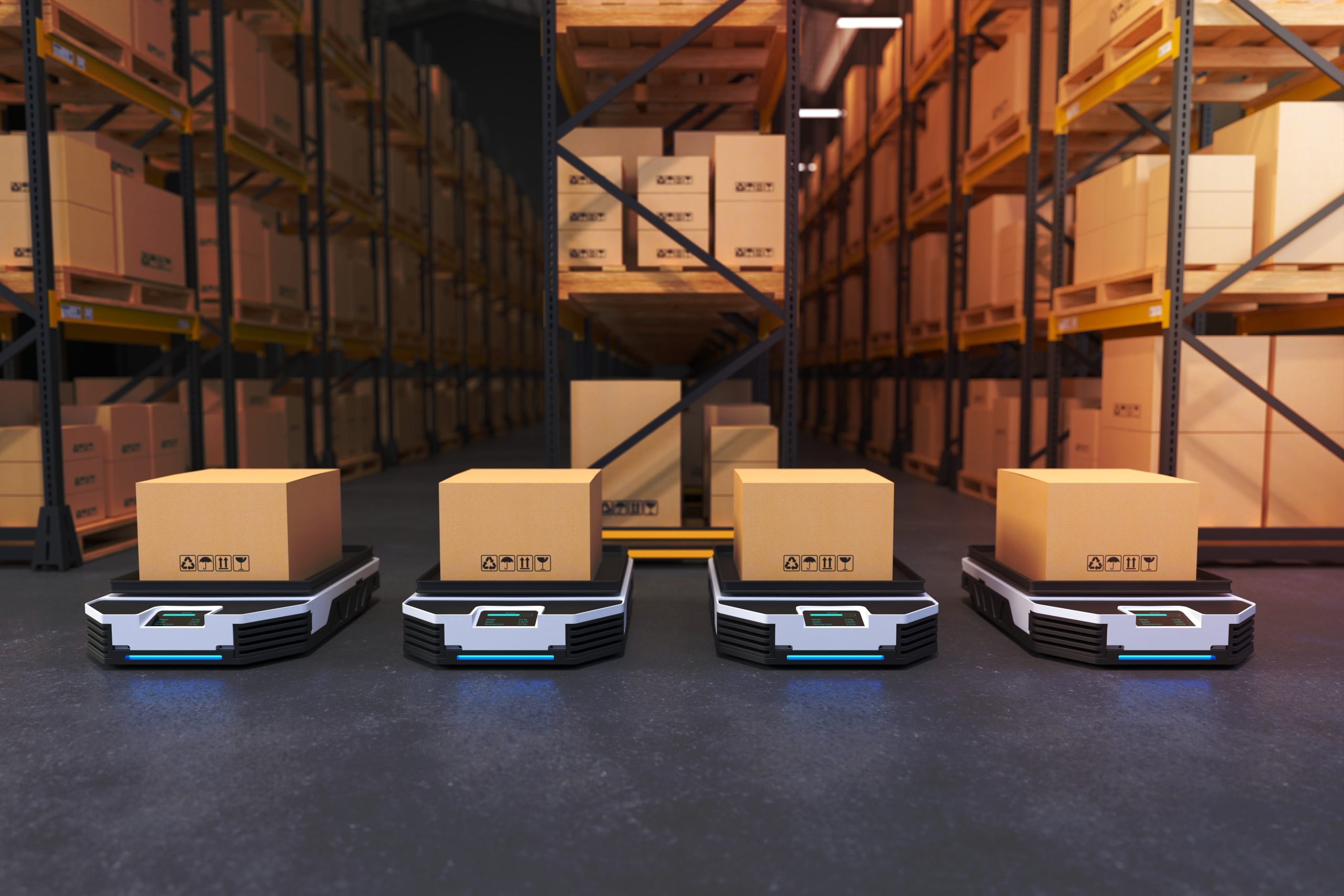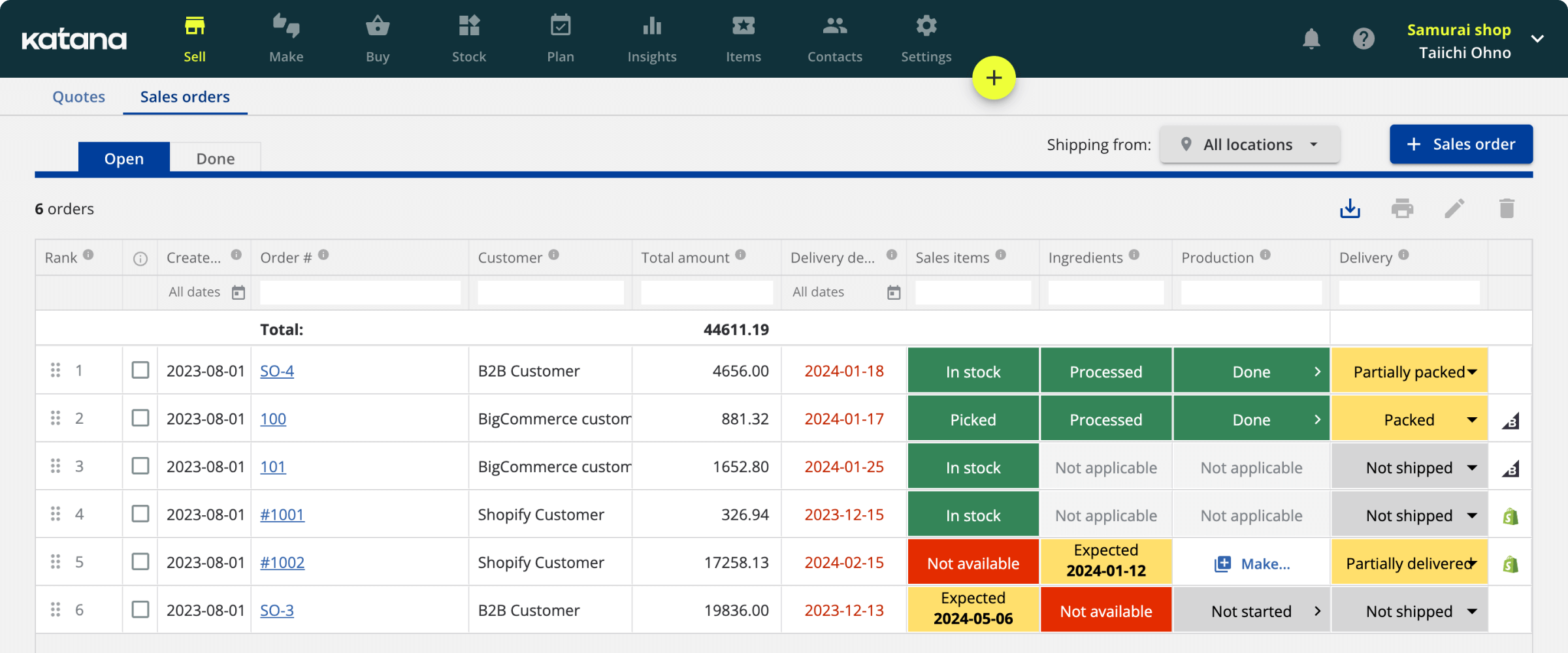The benefits and challenges of AI in ecommerce

Ioana Neamt

One of the most profound quotes attributed to AI is likely one that very quickly summarizes the importance of integrating the new technology in ecommerce:
Hasta la vista, baby!
T-800, Terminator 2: Judgment Day
While the recent meteoric rise of AI in the public scene might dominate the conversation around this technology, AI has been employed for a while now across different domains. So, while it’s only now reaching the masses with its huge potential to streamline repetitive processes or become a top-star personal assistant, its time-saving benefits are not new in many fast-growing industries.
Take ecommerce, for example, another quickly rising field in the past decade, that has revolutionized the way we shop and receive products. It’s not surprising that such a dynamic field as ecommerce would be quick at adopting AI, so let’s go over some common use cases and the top benefits and challenges it poses. We’ll go beyond the many general definitions of AI and explore how it’s been implemented in ecommerce.

The main types of AI technology used in ecommerce
Generative AI has become widely known as ChatGPT in recent years, and it has quickly taken over the tech scene. However, AI can fulfill many other roles, beyond the realm of tech and IT, depending on the goals that need to be reached. There are a few top AI technologies worth mentioning here, as they are the main ones with broad applications in ecommerce.
- Firstly, data mining is a process through which companies can collect and analyze vast quantities of data, thus enabling them to make data-driven decisions. For example, dynamic and instant product recommendations can be optimized if data mining is properly leveraged. Combining advanced statistics with artificial intelligence is the recipe for successful business initiatives. You will also save valuable time, as data can be analyzed in an automatic manner, and recommendations will be powered by AI.
- Secondly, machine learning opens up a wealth of opportunities, and predictive analytics can power up any process. Combining data mining and machine learning will allow you to spot patterns and train your own models to suit your needs.
- Thirdly, applications such as computer vision or speech recognition can help businesses advance their image and video processing. Indexing large databases of images can be made easy through the use of AI, and your ecommerce business will benefit, as the visual aspect is often key to being successful.
While these concepts might be more difficult to grasp, their applications are everywhere around us, even if we don’t always realize it. To take things closer to our daily lives, let’s go over some actual use cases of AI in ecommerce.

AI use cases in ecommerce
AI opens up so many opportunities and can be applied to many business needs. To better illustrate this, we will present some use cases that are varied and take advantage of different technologies. The list of use cases is, of course, much longer, and it will likely only continue to expand as adoption becomes more widespread, but here’s a selection that should give you an idea of the field’s vastness.
1. Robotic warehouse keepers
This is likely something most of us are familiar with, at least by having a clear image of modern warehouses or AI-powered manufacturing plants, where many tasks are automated through robots. While some might be afraid that jobs are being displaced, the focus should rather be on the time-saving opportunities and fewer repetitive tasks assigned to humans, who instead can work on more complex processes. The advantage of robots is that processes can be more easily automated and quality control clearly enforced.
2. Personalized experience and purchase recommendations
Personalization and recommendations are another use case we are all very familiar with, whether we realize it or not. Very often, when accessing an ecommerce platform, our usage and selections are tracked and used to provide us with suggestions on similar products, best prices, and comparable products. AI plays a key role in how advanced these recommendations have become, not only using past data to optimize the experience but actually making predictive recommendations.
3. Chatbots and automated messages
Our experience with contacting companies and getting support significantly changed due to the rise of chatbots, which are conversational tools that are generally ready to perform easier tasks and provide information. However, in recent years, chatbots have been trained more and more in order to advance their capabilities. Making sure chatbots are well-trained and can promptly assist customers can boost ecommerce sales and reduce the load on staff. It’s worth noting, though, that 50% of people still prefer to chat with a human instead of an AI chatbot.
4. Content classification and writing solutions
Content is one of the fields where AI has shown promising results. Ecommerce businesses often need to handle large inventories of varied items, and content classification is essential here. With trained AI models, this task is no longer so time-consuming and often less exposed to human errors.
Furthermore, having a lot of inventory to present means product descriptions are important, and this job can be performed with generative AI in ecommerce. Of course, editing and checking the results is always recommended, but it helps if a lot of the heavy lifting is already done.
Want to learn how to incorporate AI into your business?
Rainar from Katana Cloud Inventory discusses how AI impacts businesses and how it can be implemented to improve manufacturing operations.

Top benefits of using AI in ecommerce
When introducing the use cases above, we already touched on some of the benefits of using AI for inventory management in ecommerce, but let’s go more in-depth on this topic by reviewing the key advantages.
Improved targeting and personalization in advertising
Advanced data mining techniques and predictive analysis will enable businesses to improve targeting and personalize advertising to maximize sales. Marketing is one of the fields quick to adopt AI and apply it to everything from mailing list segmentation, conversion optimization, and boosting sales through spot-on recommendations. This is likely a trend most of us have experienced lately, as advertising has become more targeted and personalized based on our past online behavior.
Increased automation
In close connection to improved targeting, advances in AI boosted progress made in automating processes that are often time-consuming and exposed to errors. Everything from email communication to order management and payments can benefit from being automated to a certain extent. Once a process is automated and your staff no longer needs to spend time on it, opportunities arise for innovation and testing in other areas.

Better customer retention and sales processes
Applications such as chatbots and automated product tutorials have the goal of improving customer experience and, ultimately, retention. Repeat customers are very valuable for businesses, as acquiring brand-new prospects is often more costly and time-consuming. Well-designed buying flows and messaging have a positive impact on sales, and AI can be used to automate and personalize online experiences.
Improved supply chain management and logistics
When it comes to supply chain management, AI can improve many processes, from real-time monitoring to spotting trends and predicting demand. As mentioned above, robots are now a common occurrence in modern warehouses. And it’s no surprise that AI was quickly adopted in this field. Having to handle dynamic inventories and honor quick shipping deadlines is no easy task, but AI can take away some of the pressure.
Accurate trend monitoring and forecasting
Advanced forecasting and staying on top of consumer trends are definitely key to boosting sales and maximizing profit. With data mining and machine learning, analyzing big data sets becomes doable even for smaller businesses. There are various products that offer this type of data, so you don’t have to spend too much time digging through records. As ecommerce is such a dynamic field, having accurate forecasts can save money and resources.

The main challenges of using AI in ecommerce
As one might expect from a fast-growing technology, AI also poses its unique challenges, so we will review some of the difficulties we need to be aware of.
Faulty implementation
This part is crucial, as any new tech stack is only as good as its implementation. If things fall short in practice, then many of the benefits we discussed so far can be overshadowed. Many things can go wrong at the implementation stage. For example, having staff trained and ready to handle advanced solutions is fundamental. Processes need to be clear, and thorough testing should be performed to ensure AI works as expected, especially as many use cases might still be experiments.
Unclear goal setting
This challenge is, in some ways, connected to the previous one. Goals for using AI need to be clearly set well before implementation. Businesses can’t afford to make the mistake of implementing AI-powered solutions just because it’s the new top trend in tech. Rather, it’s healthy to start by establishing clear goals. So, for example, a goal might be to improve shipping time and reduce returns and incorrect orders. In this case, both a chatbot for quick customer communication and robotic assistants might help. Even more, by using predictive analysis, consumer demand may better be met.
Difficulty with internal adoption
AI adoption isn’t always smooth sailing, as one of the dominating debates is focused on robots taking people’s jobs. So, making sure your staff is onboard and ready to make the most of it will define your success. It’s not just reluctance that can pose a challenge — more often than not, it’s the lack of training and exposure to the opportunities offered by AI. Ecommerce was a disruptive trend in itself, often seen as a threat to brick-and-mortar retail, but it quickly gained popularity due to its convenience and now complements regular stores through omnichannel retail. Things are quite similar when it comes to AI, but it’s still very important to educate everyone on the powerful tools it can help build.
Fast-paced domain
It can be tough to adjust and adopt a technology that is still quickly developing. It takes a particular mindset to be able to handle changes and setbacks. As with any new field, there will be roadblocks and a few sources of confusion. Ecommerce businesses focus on being prepared to meet demand, and having to work with tools that are sometimes at the experimental stage can be a source of stress. However, in the long term, the benefits will likely be bigger than the challenges.
Potential high costs
Not to be ignored, new technologies and innovative solutions often don’t come cheap. On the contrary, having access to the latest advances can have a considerable price tag. Being ready to accommodate the initial investment can make a big difference. If the competitive advantage gained over the competition is significant, then it’s a price worth paying to ensure your ecommerce platform stays at the top.
Power your ecommerce business with Katana
Katana gives your business a competitive edge with streamlined cloud inventory management, now enhanced by Katana Artificial Intelligence (KAI) to simplify and optimize your operations. For ecommerce, Katana’s suite of integrations connects all your sales channels, keeping everything in alignment. With KAI, users can automate sales order processing. KAI can read unstructured purchase requests from emails and convert them into quote-status sales orders in Katana, saving you time and reducing manual input.
KAI also provides an operational and strategic business overview within the platform. Instead of relying on external sources, the widget displays key data points, offering users a concise summary of critical business metrics.
Additionally, it allows users to query specific business data and receive graphical responses, like monthly revenue trends. This level of insight empowers ecommerce businesses to make informed decisions quickly.
These tools enable ecommerce businesses to boost sales and increase performance. Overstocking will become a thing of the past, while emerging consumer trends will no longer be a secret for your ecommerce business when using Katana. Get in touch with us now to learn more about Katana and see it in action!

Ioana Neamt
Table of contents
Get inventory trends, news, and tips every month
Get visibility over your sales and stock
Wave goodbye to uncertainty by using Katana Cloud Inventory for total inventory control
